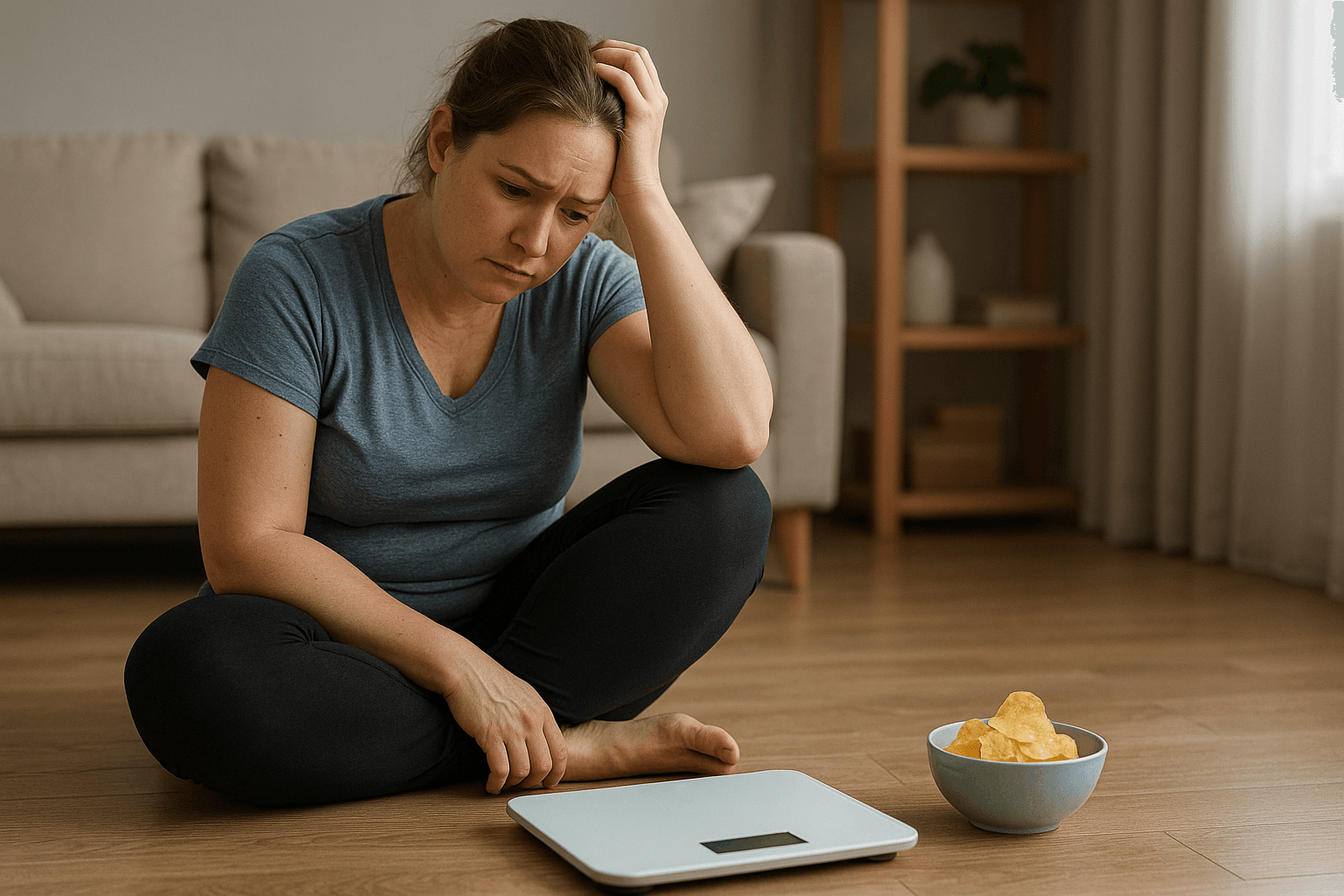Stress has become a part of everyday life for many people. Whether it’s due to work, family responsibilities, financial pressure, or the fast-paced rhythm of modern life, stress can build up quickly and affect both our mental and physical well-being. Fortunately, there are several natural and effective ways to reduce stress without relying on medication or complex routines.
Understanding Stress and Its Impact
Before diving into solutions, it’s important to understand what stress is and how it affects you. Stress is the body’s natural response to a perceived threat or demand. While short-term stress can be helpful in certain situations, chronic stress can lead to serious health issues such as anxiety, insomnia, high blood pressure, and even heart disease.
Some common signs of chronic stress include:
- Constant fatigue
- Difficulty concentrating
- Headaches or muscle tension
- Sleep disturbances
- Irritability or mood swings
Recognizing these symptoms early on is crucial to managing and reducing stress before it escalates.
| 1. Practice Deep Breathing. One of the simplest and most immediate ways to reduce stress is through deep breathing. When we’re stressed, our breathing becomes shallow, which can increase tension in the body. | Try this technique: Inhale slowly through your nose for 4 seconds. Hold your breath for 4 seconds. Exhale gently through your mouth for 6 seconds. Repeat for 5–10 minutes. Doing this just once or twice a day can calm your nervous system and bring instant relief. |
| 2. Move Your Body Every Day Physical activity is a natural stress reliever. It helps release endorphins—chemicals in the brain that boost mood and act as natural painkillers. You don’t need to hit the gym for hours. | Simple forms of movement like walking, stretching, dancing, or even gardening can have a huge impact. Aim for at least 30 minutes of light to moderate exercise most days of the week. Consistency matters more than intensity. |
| 3. Get Better Sleep Lack of sleep increases the body’s production of stress hormones. Establishing a healthy sleep routine can help you recharge and build resilience to stress. | Tips for better sleep: Stick to a consistent sleep schedule. Avoid screens at least an hour before bed. Create a calming bedtime routine (e.g., warm shower, reading a book). Keep your bedroom cool, dark, and quiet. Quality sleep supports emotional balance and helps you face the next day with more energy and clarity. |
| 4. Simplify Your Daily Routine Stress often comes from overcommitment and clutter—both physical and mental. Simplifying your schedule and environment can bring more peace into your daily life. | Try this: Prioritize your top 3 tasks each day. Say “no” to unnecessary obligations. Declutter a small space at home or work. Use a planner or to-do list to organize your time better. Less chaos means more calm. |

A tip for good sleep
Have a great mattress and a suitable pillow.
5. Practice Mindfulness
Mindfulness is the act of being fully present in the moment without judgment. It helps you break the cycle of anxious thoughts and overthinking, which are common stress triggers.
Mindfulness practices:
- Meditation (even 5 minutes a day helps)
- Paying full attention while eating, walking, or listening
- Journaling your thoughts without filters
There are many apps that offer guided mindfulness sessions, making it easier to get started.
6. Spend Time in Nature
Nature has a powerful calming effect on the human brain. Whether it’s a walk in the park, a hike, or simply sitting near trees, connecting with natural environments reduces stress hormone levels.
Research shows that even 20 minutes of nature exposure per day can significantly lower cortisol levels and improve mood.
7. Connect with People
Social support is one of the strongest buffers against stress. Talking with a friend, sharing your thoughts, or even spending time with loved ones without discussing problems can be incredibly therapeutic.
If you feel isolated, consider joining a group or community that shares your interests—even online communities can offer meaningful connection.
8. Cut Back on Stimulants
Caffeine, sugar, and alcohol may seem like quick fixes for stress, but they can actually make it worse over time. These substances can increase anxiety, disrupt sleep, and create energy crashes.
What to do:
- Gradually reduce intake of coffee and energy drinks.
- Replace sugary snacks with fruits or nuts.
- Drink water or herbal teas throughout the day.
Balance is key—aim for natural sources of energy and calm.
9. Laugh More Often
Laughter releases tension and promotes relaxation. Whether it’s watching a comedy, chatting with someone funny, or even practicing laughter yoga, bringing more humor into your life can lower stress levels.
You don’t have to force laughter—just make room in your day for joy and lightness.
10. Create a Personal Relaxation Ritual
Every person has their own unique way of unwinding. For some, it might be reading a novel; for others, painting, listening to music, or taking a warm bath. Identify what helps you feel centered and peaceful, and make it a regular part of your routine.
This personal time isn’t a luxury—it’s a necessity.
Stress Reduction Is a Daily Practice
Managing stress isn’t about eliminating it completely—some stress is unavoidable. But by taking small, consistent actions every day, you can build resilience, increase your emotional balance, and protect your overall well-being.
Start with one or two of the strategies above and gradually integrate more. Your body and mind will thank you.



